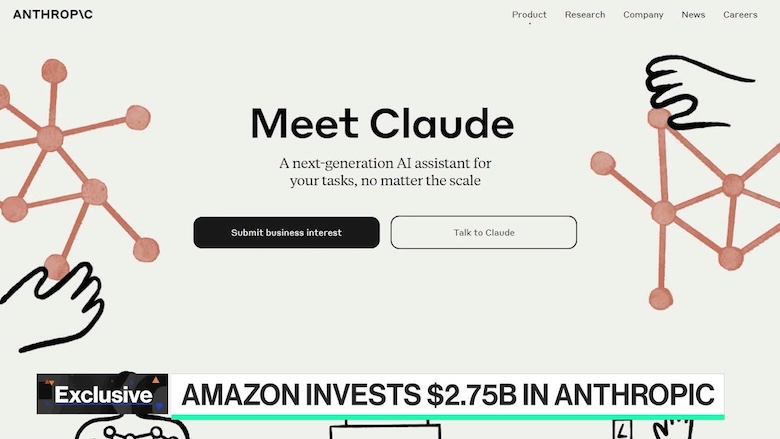Why should you watch this video?
Jon Stewart humorously dissects the AI revolution, contrasting its promised benefits against the stark reality of job displacement, through his unique satirical lens on The Daily Show.
Key Points
The video delves into the dual nature of AI’s impact on society, showcasing its potential to improve life drastically while simultaneously threatening to render human workers obsolete. Highlighting the mixed messages from AI’s proponents, Stewart navigates through promises of AI solving global issues like climate change and diseases, juxtaposed with its current mundane uses and the looming threat it poses to employment. The narrative is interspersed with Stewart’s signature wit, criticizing the superficial reassurance offered by tech leaders and the lack of preparedness from the government for the impending AI-driven economic disruption.
Broader Context
This episode of The Daily Show taps into the ongoing debate about AI’s role in society, illustrating the tension between technological progress and its socio-economic repercussions. Stewart’s commentary reflects broader concerns about the ethics of AI development, privacy, and the future of work, encapsulating the zeitgeist of an era where technological advancement is at once a source of optimism and anxiety.
Q&A
-
What concerns does Jon Stewart raise about AI?
- Stewart points out the dichotomy between AI’s potential to resolve significant global challenges and its immediate consequences on job security, emphasizing the irony in its trivial applications versus its monumental promises.
-
How does Stewart critique the narrative around AI and employment?
- Through satire, he criticizes the notion of AI as merely an assistant, highlighting the reality of AI technologies displacing workers under the guise of increasing productivity.
-
What solution is humorously proposed for displaced workers?
- The concept of ‘prompt engineers’ is mocked as a superficial remedy for the workforce disrupted by AI, with Stewart sarcastically noting the inadequacy of such roles in addressing broader employment challenges.
Deep Dive
Stewart’s examination of AI’s potential to “cure diseases and solve climate change” versus its actual deployment in making toast or serving as an assistant lampoons the gap between AI’s utopian potential and its current mundane uses. This segment underscores the absurdity in prioritizing trivial conveniences over addressing pressing humanitarian and environmental crises.
Future Scenarios and Predictions
The rapid advancement of AI could lead to a societal paradox where technological efficiencies coexist with widespread unemployment and existential crises about human relevance. Stewart’s narrative warns of a future where the balance between embracing AI for progress and preserving the dignity of labor remains precarious.
What could go wrong?
Amidst AI’s ascent, the risk of exacerbating inequality, eroding privacy, and diminishing human agency looms large. Stewart’s critique hints at a dystopian outcome where AI’s benefits are overshadowed by its detrimental impacts on societal fabric and individual identity.
Inspiration Sparks
Envision a comedic sketch where AI has taken over all jobs, forcing humans to find meaning in absurdly trivial tasks, echoing Stewart’s satire. How would society adapt to such a drastic shift, and what new forms of resistance or adaptation might emerge from this AI-dominated landscape?

